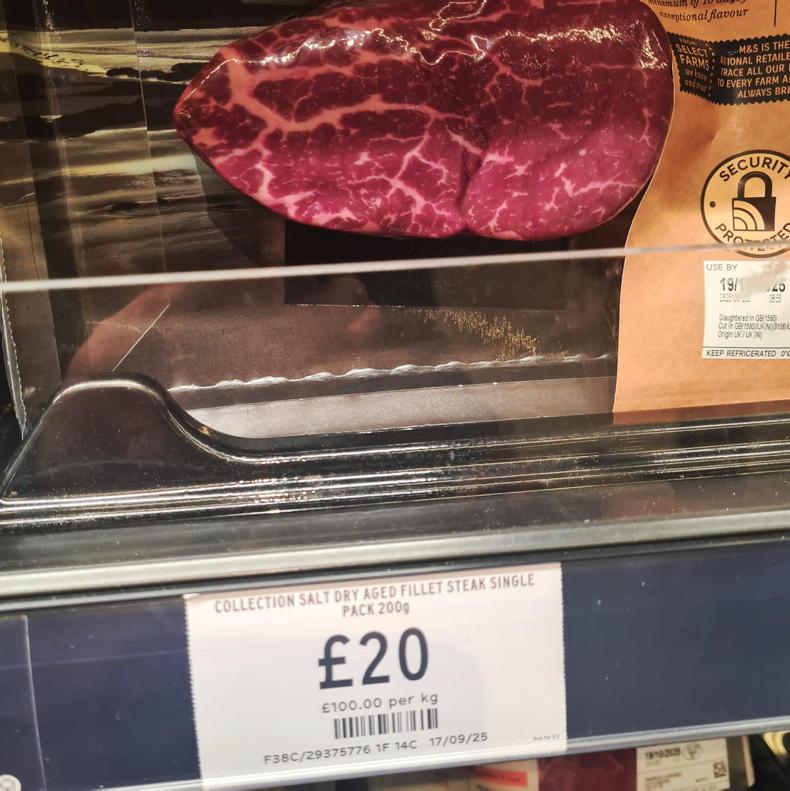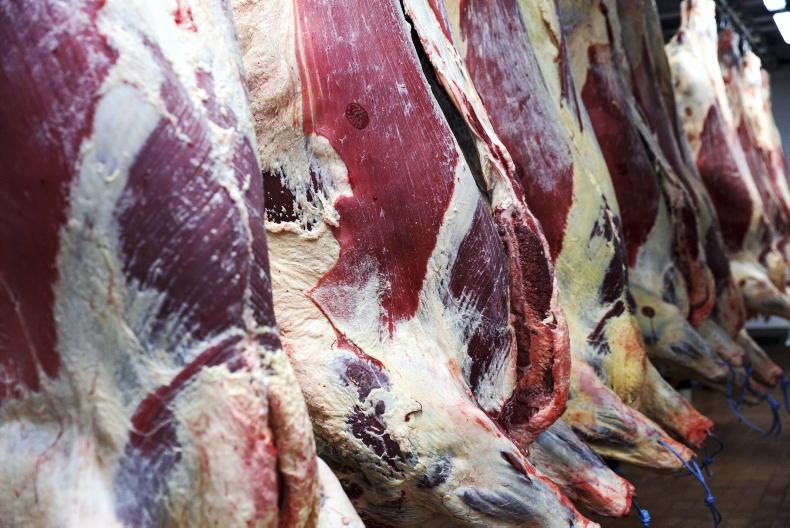Home to just under 32m people, Malaysia is a southeast Asian country that borders Singapore, Thailand, Indonesia and Brunei. The country has one of the steadiest economic track records in Asia, averaging GDP growth of 5% per annum from 2000 to 2017, with growth forecast to continue at that level over the coming five years.
In 2017, Irish food and drink exports to Malaysia stood at just over €37m – up 80% since 2010.
Nearly all of this is accounted for in exports of fat-filled milk powder (€20m) and dairy ingredients (€15m), with a small amount of beverages and seafood also exported.
Dairy demand
With the average person consuming the equivalent of 50kg of dairy every year, Malaysia boasts the highest dairy consumption per head in all of Asia. The country is only 5% self-sufficient in milk production so it relies heavily on imports to meet its domestic needs. As a result, there are zero tariffs on all dairy imports.
In 2017, Malaysia imported close to 288,000t of dairy ingredients, the majority of this being in the form of SMP and whey powder. New Zealand and Australia are the dominant, established players in the market, accounting for 50% of dairy trade in Malaysia.
New Zealand dairy co-op Fonterra has been operating in Malaysia for decades and shipped 115,000t of product into the country in 2017. The majority of this is in the form of SMP and WMP, with a small amount of butter and cheddar also.
Australian dairy companies shipped more than 26,000t of mostly SMP into Malaysia in 2017. US dairy companies are also active in Malaysia and have taken a large share of the market, mainly supplying low value SMP and whey.
From a European perspective, France is the leading supplier to Malaysia, supplying high value SMP and whey ingredients. Although the population is much smaller when compared to Indonesia, Malaysia offers significant opportunity for Irish dairy companies to supply more value added ingredients.
Priority market
Bord Bia has identified Malaysia as a priority market for growing Irish dairy exports in the coming years and believe the greatest opportunities are to supply the market with high value whey ingredients to buyers of Infant formula and advanced nutrition ingredients. There is also significant opportunity for Irish dairy companies to eke out contracts supplying Infant formula grade SMP.
Interestingly, Bord Bia has also identified a significant opportunity for Irish dairy exporters to supply cheese for customers in the food service, bakery and food manufacturer sectors.
Meat import market
With per capita meat consumption at 10.7kg, Malaysians eat more meat than other countries in the region – average consumption in Asia is less than 7kg per capita. The meat sector in Malaysia is valued at just under $1.4bn, with demand forecast to grow by 3.5% per annum up to 2021.
Malaysia is a significant importer of all meats, importing an estimated 230,000t of beef, sheepmeat and pork every year. The country is principally supplied by meat exporters from Australia, New Zealand, India and Brazil. Again, because of the significant Muslim population, Halal certification is a must for companies looking to do business in Malaysia.
Value not volume
While its smaller population may not have the same need for volumes of product as Indonesia could potentially deliver, the big opportunity in Malaysia for Irish food exports is in value.
Malaysia’s more advanced economy and higher per capita consumption of meat and dairy mean the market requirements are more advanced than Indonesia, which is strictly a commodity play.
In the near term, Irish dairy companies will hope to win business supplying high value, Infant formula grade ingredients to Malaysian buyers, building volumes from there.
If it can be capitalised upon, Malaysia is a market we could continue to see double digit growth in the value of Irish food and drink exports in the years ahead.
Read more
Ireland faces stiff competition in Indonesia's dairy market
Government trade mission heads to Indonesia and Malaysia
Home to just under 32m people, Malaysia is a southeast Asian country that borders Singapore, Thailand, Indonesia and Brunei. The country has one of the steadiest economic track records in Asia, averaging GDP growth of 5% per annum from 2000 to 2017, with growth forecast to continue at that level over the coming five years.
In 2017, Irish food and drink exports to Malaysia stood at just over €37m – up 80% since 2010.
Nearly all of this is accounted for in exports of fat-filled milk powder (€20m) and dairy ingredients (€15m), with a small amount of beverages and seafood also exported.
Dairy demand
With the average person consuming the equivalent of 50kg of dairy every year, Malaysia boasts the highest dairy consumption per head in all of Asia. The country is only 5% self-sufficient in milk production so it relies heavily on imports to meet its domestic needs. As a result, there are zero tariffs on all dairy imports.
In 2017, Malaysia imported close to 288,000t of dairy ingredients, the majority of this being in the form of SMP and whey powder. New Zealand and Australia are the dominant, established players in the market, accounting for 50% of dairy trade in Malaysia.
New Zealand dairy co-op Fonterra has been operating in Malaysia for decades and shipped 115,000t of product into the country in 2017. The majority of this is in the form of SMP and WMP, with a small amount of butter and cheddar also.
Australian dairy companies shipped more than 26,000t of mostly SMP into Malaysia in 2017. US dairy companies are also active in Malaysia and have taken a large share of the market, mainly supplying low value SMP and whey.
From a European perspective, France is the leading supplier to Malaysia, supplying high value SMP and whey ingredients. Although the population is much smaller when compared to Indonesia, Malaysia offers significant opportunity for Irish dairy companies to supply more value added ingredients.
Priority market
Bord Bia has identified Malaysia as a priority market for growing Irish dairy exports in the coming years and believe the greatest opportunities are to supply the market with high value whey ingredients to buyers of Infant formula and advanced nutrition ingredients. There is also significant opportunity for Irish dairy companies to eke out contracts supplying Infant formula grade SMP.
Interestingly, Bord Bia has also identified a significant opportunity for Irish dairy exporters to supply cheese for customers in the food service, bakery and food manufacturer sectors.
Meat import market
With per capita meat consumption at 10.7kg, Malaysians eat more meat than other countries in the region – average consumption in Asia is less than 7kg per capita. The meat sector in Malaysia is valued at just under $1.4bn, with demand forecast to grow by 3.5% per annum up to 2021.
Malaysia is a significant importer of all meats, importing an estimated 230,000t of beef, sheepmeat and pork every year. The country is principally supplied by meat exporters from Australia, New Zealand, India and Brazil. Again, because of the significant Muslim population, Halal certification is a must for companies looking to do business in Malaysia.
Value not volume
While its smaller population may not have the same need for volumes of product as Indonesia could potentially deliver, the big opportunity in Malaysia for Irish food exports is in value.
Malaysia’s more advanced economy and higher per capita consumption of meat and dairy mean the market requirements are more advanced than Indonesia, which is strictly a commodity play.
In the near term, Irish dairy companies will hope to win business supplying high value, Infant formula grade ingredients to Malaysian buyers, building volumes from there.
If it can be capitalised upon, Malaysia is a market we could continue to see double digit growth in the value of Irish food and drink exports in the years ahead.
Read more
Ireland faces stiff competition in Indonesia's dairy market
Government trade mission heads to Indonesia and Malaysia










SHARING OPTIONS